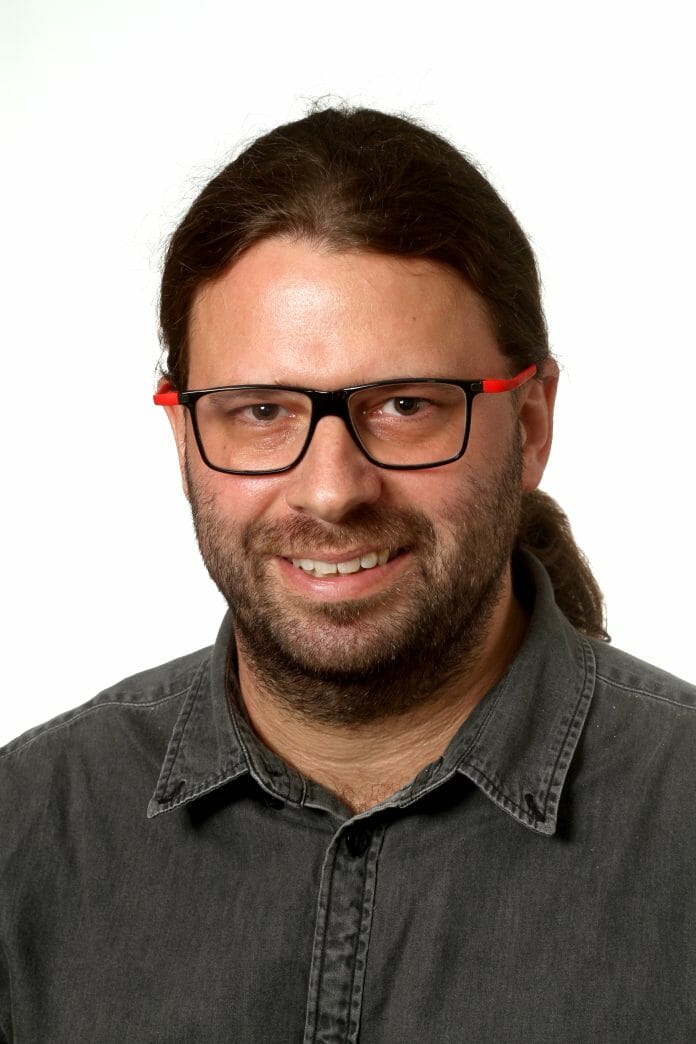By Dr. Alexander Trupp
Now it has been two years that we are living under this pandemic, and with the Omicron variant spreading globally, the desired end of COVID-19 seems far away. Governments across Southeast Asia started to recognise that COVID-19 will become endemic and countries – some more cautiously than others – commenced the tourism reopening process. Time to revisit some of the critical events that have shaped the tourism landscape in Malaysia and neighbouring countries for the last two years.
In 2019, Malaysia recorded over 26 million international tourist arrivals. In December the same year, COVID-19 was first identified in Asia, and the contagious disease quickly travelled across international borders, leading to the ongoing pandemic. After being confronted with rising COVID-19 cases, Malaysia closed its borders on 18 March 2020. The border closure was followed by periods of lockdowns and various versions of movement control orders (MCOs), with domestic travel being permitted for the Christmas and New Year season. In January 2021, due to an ongoing surge of cases and deaths, the government reimposed restrictions on travel, as well as many economic activities and public gatherings. The domestic travel ban was first lifted in the form of the Langkawi travel bubble in mid-September 2021. A month later, when 90% of the adult population had been fully vaccinated, all interstate travel was re-instated. Malaysia opened a door for international travellers on 15 November last year, allowing foreign tourists to visit Langkawi under the international travel bubble initiative aimed at reviving the island’s ravaged economy. By the end of November, Malaysia joined Singapore’s Vaccinated Travel Lane (VTL), a quarantine-free air and land travel corridor between the two countries. A previous announcement of reopening Malaysia’s borders to international visitors by 1 January 2022 has not been put into motion so far.
Other parts in Southeast Asia launched the reopening process for international visitors at an earlier stage. Neighbouring Thailand pioneered the reset of international tourism in the region by launching the ‘Phuket Sandbox’ in July last year. The concept welcomed vaccinated foreign tourists but excluded domestic visitors. Thailand has since expanded its sandbox programme to include other key destinations and resumes quarantine-free entry under the ‘Test and Go’ programme to fully vaccinated foreign tourists from all countries and territories by 01 February 2022. Further border openings at various degrees also started in Singapore, Brunei (via the VTL concept), Indonesia (with mandatory quarantine), Lao PDR (partially open to tourists from selected countries), Vietnam (partially open) and Cambodia (which stopped requiring quarantine for travellers already in November 2021).
The pandemic has also taught us that tourism and immigration entry requirements are subject to change at any time and that vaccine certificates have become almost as crucial for travelling as passports, which further exacerbates the global hierarchy of freedom to travel. Many parts in Southeast Asia, especially Myanmar, Indonesia, the Philippines, and the Lao PDR, still have relatively low vaccination rates, which represents a challenge for the local population, the health systems and the region-wide travel and tourism turnaround. It is thus crucial to achieve vaccine equity to accelerate the end of the pandemic and for economies to revive.
Dr. Alexander Trupp is an Associate Dean – Research and Postgraduate Studies at the School of Hospitality, Sunway University, Malaysia, and editor-in-chief of the Scopus-indexed (Q2) Austrian Journal of South-East Asian Studies (ASEAS). Alexander obtained his PhD at the University of Vienna, Austria, where he was also a lecturer and assistant professor researching and teaching in the fields of tourism geographies, anthropology of tourism, and Asian Studies. He regularly designed, organized, and guided special interest tours to Southeast Asia, mainly for universities, scientific associations, and travel agencies. Alexander was also a researcher at the Institute for Population and Social Research and a visiting professor at the Research Institute for Languages and Cultures of Asia, Mahidol University, Thailand.
Before joining Sunway University in 2020, Alexander was a postgraduate programme leader and senior lecturer at the School of Tourism and Hospitality Management at The University of the South Pacific, Fiji. Alexander lived several years in Southeast Asia and the South Pacific. His research interests include tourism and hospitality microbusinesses, mobilities and the intersections of tourism and migration, Asian tourism and hospitality, and tourism and development, with a regional focus on the Asia-Pacific. His research has been published in more than sixty publications, including highly ranked journals such as Annals of Tourism Research and Journal of Travel and Tourism Marketing. Alexander authored and edited several books such as the single-authored monograph Migration, Micro-Business and Tourism in Thailand (2016, Routledge) and the co-edited volumes on Southeast Asian Mobility Transitions. Issues and Trends in Tourism and Migration (2014, University of Vienna) and Tourism and Development in South-East Asia (2020, Routledge).









